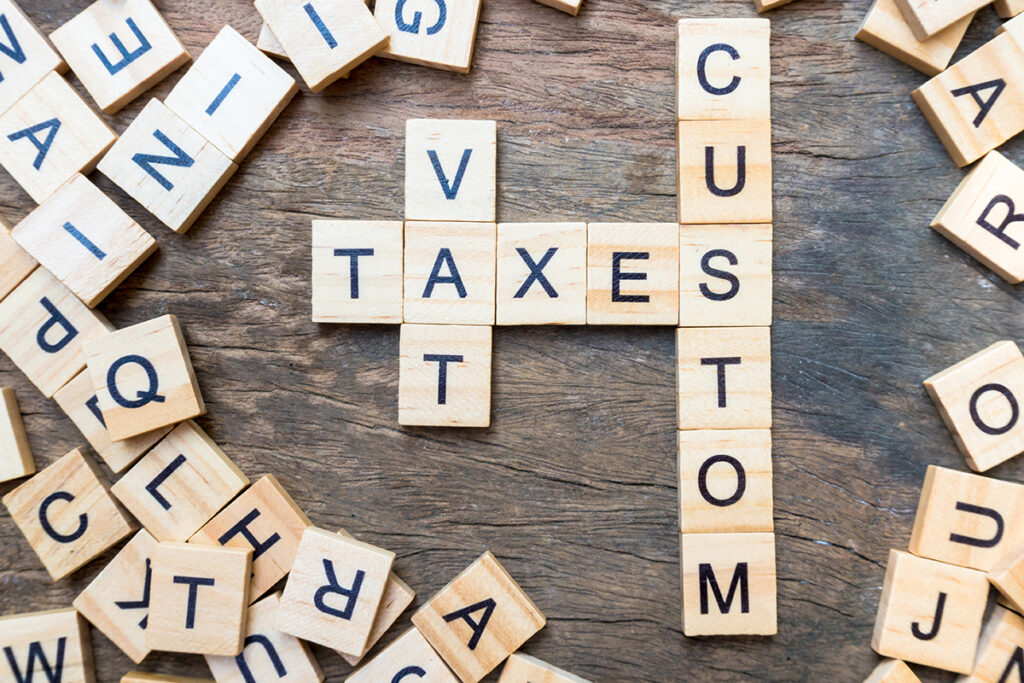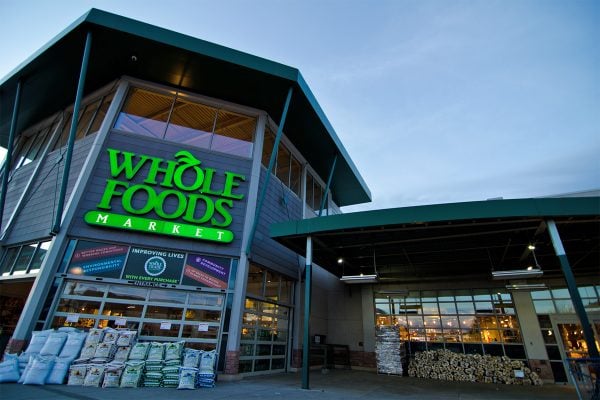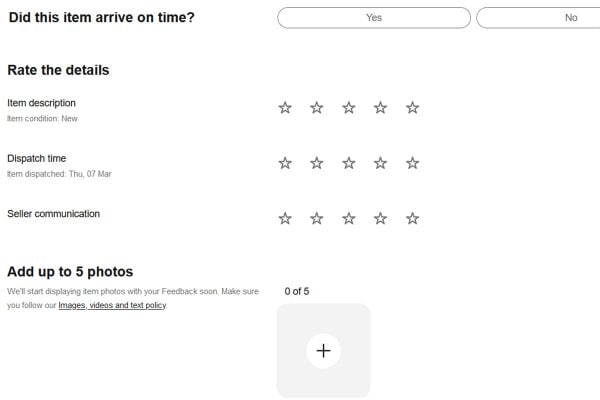The government has published plans for marketplaces to collect overseas seller VAT with no minimum value from the 1st of January 2021. This is something that Retailers Against VAT Abuse Schemes (RAVAS) and VatFraud/ have been campaigning for for the past decade and they will be celebrating today along with thousands of UK merchants, although perhaps they’ll save popping the champagne corks for the 1st of January when the changes come into effect.
There are two aims from the changes to the changes to VAT treatment of overseas goods sold to customers:
- To ensure that goods from EU and non-EU countries are treated in the same way and that UK businesses are not disadvantaged by competition from VAT free imports.
- To improve the effectiveness of VAT collection on imported goods and address the problem of overseas sellers failing to pay the right amount of VAT on sales of goods that are already in the UK at the point of sale.
The paper published today does not cover matters specified in the Northern Ireland protocol and the government has committed to providing guidance on how the Northern Ireland Protocol will work ahead of the end of the transition period.
Key VAT changes for overseas seller VAT
- For imports of goods from outside the UK in consignments not exceeding £135 in value (which aligns with the threshold for customs duty liability), HMRC will be moving the point at which VAT is collected from the point of importation to the point of sale. This will mean that UK supply VAT, rather than import VAT, will be due on these consignments.
- The new arrangements will also involve the abolition of Low Value Consignment Relief, which relieves import VAT on consignments of goods valued at £15 or less.
- Online marketplaces (OMPs), where they are involved in facilitating the sale, will be responsible for collecting and accounting for the VAT.
- For goods sent from overseas and sold directly to UK consumers without OMP involvement, the overseas seller will be required to register and account for the VAT to HMRC.
- For sales of goods by overseas sellers, where the goods are already in the UK at the point of sale, we will move the responsibility for accounting for VAT from the overseas seller to the OMP that facilitates the sale.
- Overseas sellers will remain responsible for accounting for the VAT on goods already in the UK and sold directly to UK consumers without OMP involvement.
A possible concern is how large an OMP has to be in order to be liable to collect overseas seller VAT. There are many niche and relatively small marketplaces and it could be a barrier to their growth if they have to perform VAT collection for overseas sellers.
This is a move which will be welcomed by many UK sellers who have felt disproportionately impacted by overseas sellers who they suspect have been dodging VAT. This particularly concerns Chinese sellers who have variously shipped from China, shipped from UK warehouses, undeclared values or marked packages as gifts.
With VAT being collected at the point of sale by marketplaces, after the Brexit Transition Agreement ends and the New Year starts, (and unless you can spot a loop hole) the only people not charging VAT on marketplaces in the UK will be domestic UK businesses which aren’t VAT registered. Unlike the UK where a business can trade below the VAT threshold, there is no VAT registration threshold for businesses not established in the UK, so the seller is liable to register and account for VAT as soon as it starts making sales or holds stock for sale in the UK.












12 Responses
If you’re a small business in Europe, that is below the VAT threshold for the particular country you’re in, and therefore exempt from VAT, I assume the OMP will still apply VAT on any purchases being sent to the UK? And what if it is something like ‘art’ or ‘books’ for example, are the rates applied differently, and how does the OMP differentiate?
I deal in art, so I presume a platform like eBay would apply that at 5% or whatever the going rate is at the time? I just hope the system is set up to recognise the thing being sold based on category.
Good news. Long overdue
I saw that the accounting technicians body had been campaigning for this earlier in the year, referenced RAVAS and got lots of political support, perhaps they could now turn their attention to getting this done earlier than January 2021 – lots of legit small businesses cant wait that long!!!
Worrying precedent
Whats next ?
No Choice EU access was what kept most UK tax-paying businesses afloat, with controlling Chinese tax-free sales and imports it would have basically meant lots of online UK retailers going bust.
It’s too little too late, the question is domestic demand and quality of sales going to be great than EU Sales & Quality of sales after Brexit ?
I’m leaning towards. NO !
I’m not trade expert nor customs lawyer, but depending what exact trading condition will exists within IRL -> NI -> GB then this could perhaps, open a back door to those wanting to avoid the “overseas seller VAT”.
What’s to stop the current overseas companies that are avoiding VAT setting up lots of fake small companies that trade under the VAT threshold?
Mark, the story says collected at source my the marketplace no minimum amount. Accountancy firms that specialize in helping overseas firm set up UK registered firms would become liable for assisting in VAT fraud.
Should go full hog and simply collect VAT at source from all sellers however big or small. Plenty of UK registered firm not paying the right amount of VAT either.
Loads of loops holes in this if you read carefully, which will for sure get exploited.
Don’t expect any miracles.